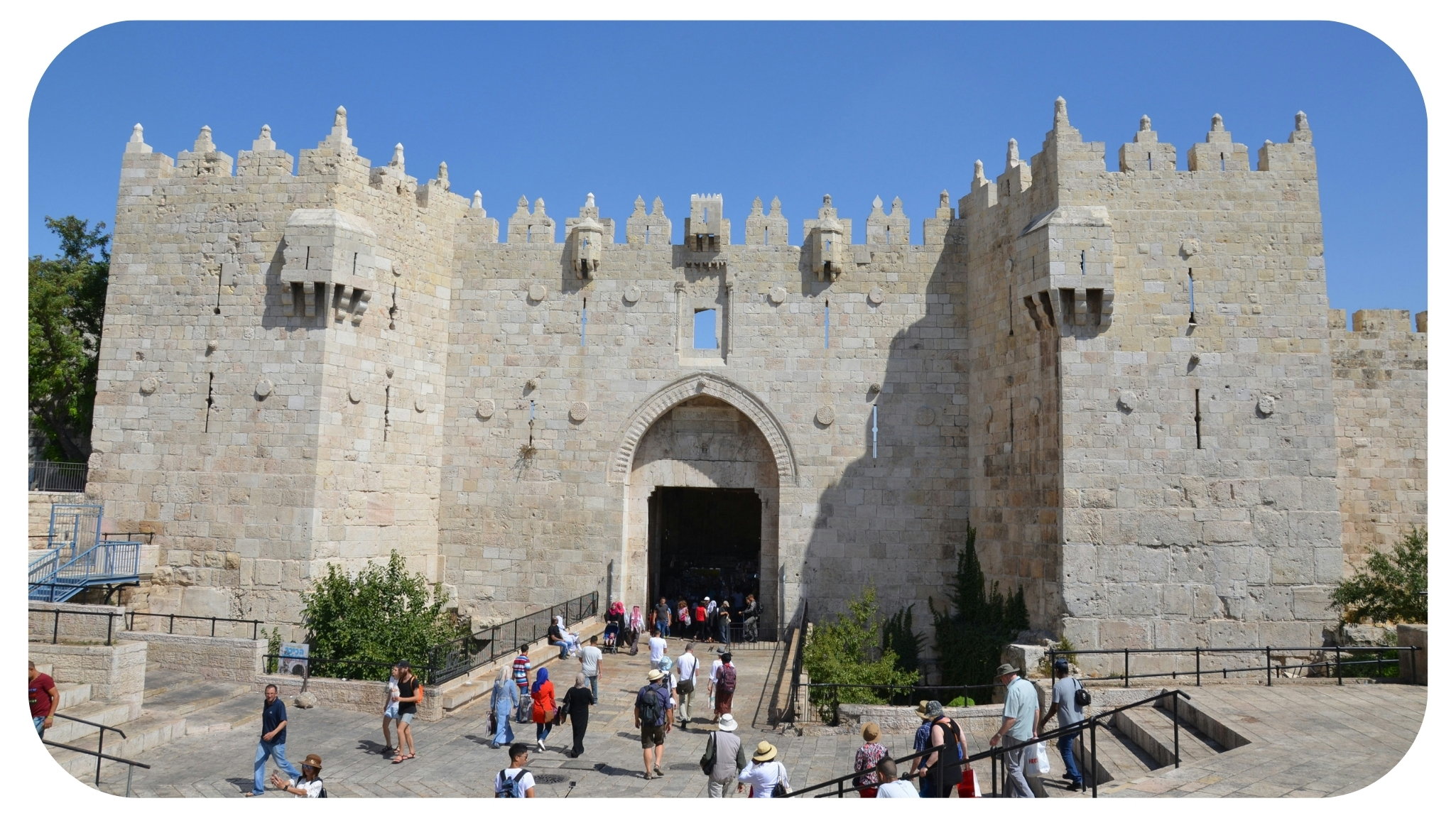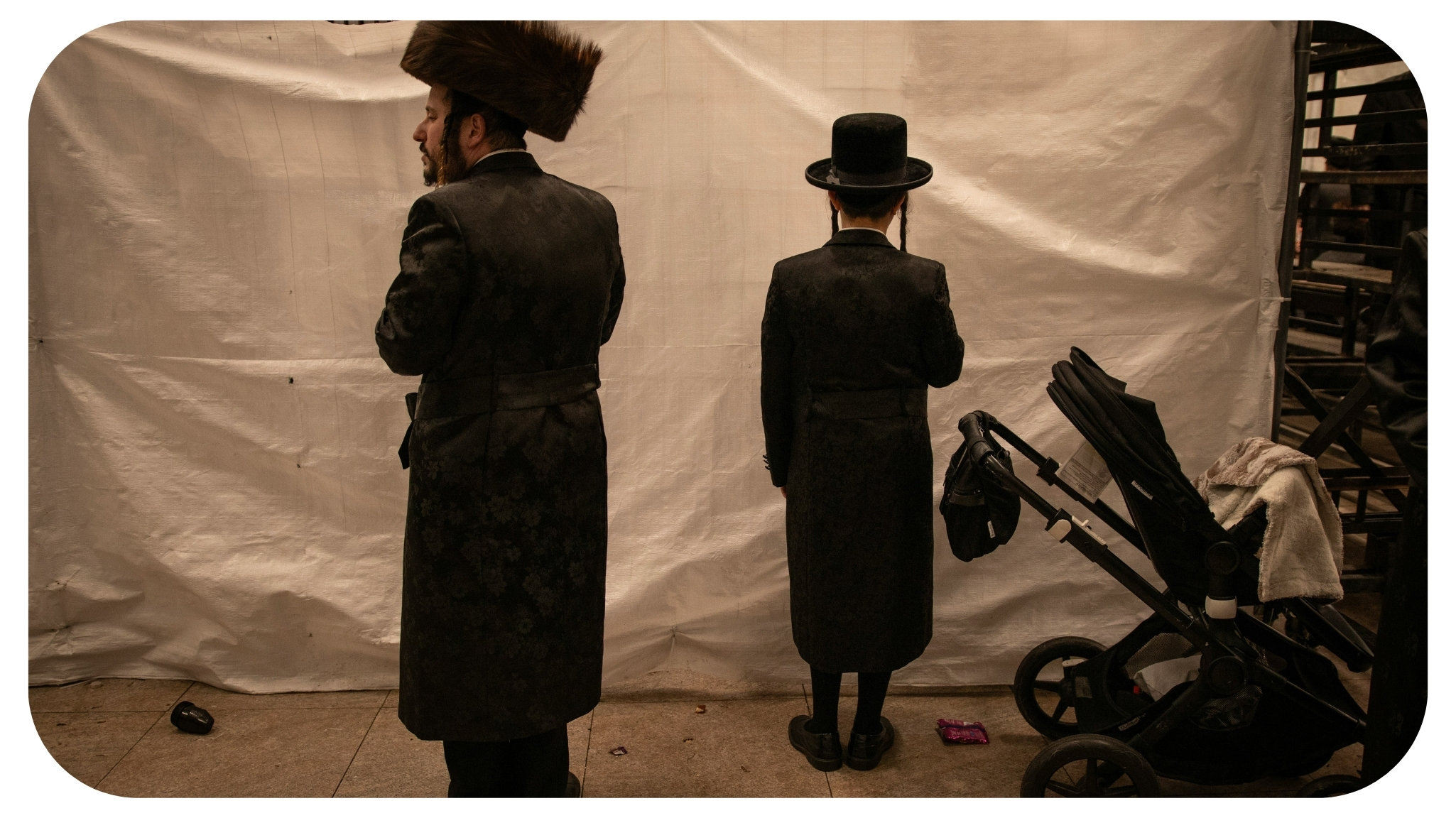Strengthening Jewish Identity: Michael Freund’s Vision for Shavei Israel

What does it mean to have a Jewish identity in today’s world, and why does it matter? For Shavei Israel, an international non-profit founded by Michael Freund, the mission to strengthen Jewish identity is a commitment to connect Jewish communities across the globe. As the complexities of modern life continue to grow, maintaining a strong Jewish identity presents both challenges and opportunities.
Michael Freund, the founder of the organization, addresses this by reaching out to hidden and marginal Jewish communities, offering resources and support to rekindle and sustain their heritage. Cultural programs, educational initiatives, and community support are the cornerstones of Shavei Israel’s efforts to assist descendants of Jewish people to reclaim their roots.
Understanding Jewish Identity
Jewish identity is a rich tapestry that weaves together cultural, religious, and historical threads. These elements come together to create a vibrant and enduring sense of belonging. It’s a complex identity shaped over millennia, influencing not only personal beliefs but also the collective ethos of communities around the globe.
Cultural elements play a fundamental role in shaping Jewish identity. This includes aspects such as language, traditions, and customs. Hebrew, Yiddish, and Ladino are more than just languages; they are living connections to a shared past. Traditions like Shabbat dinners, dietary laws, and annual festivals foster a sense of unity and common purpose. Customs such as lighting the Hanukkah menorah or celebrating Passover not only preserve historical narratives but also reinforce familial bonds. These cultural practices serve as pillars that support community building, offering shared experiences that bring people together.
Religion significantly influences Jewish identity, providing both a spiritual framework and a moral compass. Practices like prayer, study of the Torah, and observance of mitzvot form the bedrock of religious life. They shape community dynamics by creating a shared set of beliefs and values. This spiritual journey is a communal experience that strengthens ties among individuals.
“The synagogue functions as much more than a place of worship, it is a center for learning, socializing, and mutual support,” says Michael Freund of Shavei Israel. “Religious beliefs infuse everyday life with purpose and continuity, making them central to identity formation.”
Jewish identity is deeply rooted in history, and shaped by key events over the centuries. This historical consciousness informs present-day connections, guiding community perspectives and actions. These cultural, religious, and historical dimensions form a dynamic interplay that is both resilient and evolving, contributing significantly to what it means to be Jewish in contemporary society.
Shavei Israel’s Role in Strengthening Jewish Identity
Shavei Israel stands as a beacon for Jewish individuals across the globe yearning to reconnect with their roots. Through various programs, the organization offers pathways for cultural discovery and identity reinforcement, empowering Jewish identity through outreach, immigrant support, and youth engagement.
Shavei Israel reaches out to Jewish communities worldwide, organizing immersive educational programs and cultural events. Participants might learn Hebrew or partake in Jewish festivals, bridging the gap to their cultural legacy.
For Jewish immigrants, Shavei Israel provides language courses, cultural orientation sessions, and community gatherings, ensuring their Jewish identity remains vibrant while they adapt to new environments.
The organization also focuses on engaging youth through dynamic programs like trips, leadership workshops, and community service projects, instilling belonging and responsibility.
Notes Freund, “At Shavei Israel, our initiatives for youth emphasize personal connections and active participation, maintaining that Jewish identity is a vibrant part of their daily lives.”

Challenges to Jewish Identity Today
In a world where cultural boundaries are increasingly melting away, maintaining a strong Jewish identity faces unique challenges. These hurdles range from assimilation pressures to reconnecting with cultural roots. Understanding these difficulties is essential for strengthening Jewish identity.
Assimilation poses one of the greatest challenges to maintaining a distinct Jewish identity. As societies become more integrated, younger generations often find themselves torn between modern cultural norms and traditional values. They live in environments that encourage blending in rather than standing out, making it difficult to stay connected to their heritage.
The effects of assimilation are visible in various facets of life. Interfaith marriages may dilute religious practices as they introduce different cultural customs into Jewish households. A lack of exposure to Jewish education and traditions can weaken connections to one’s Jewish roots.
Reconnecting with one’s Jewish roots requires a dedicated effort, often needing a proactive approach and support from organizations. Shavei Israel plays a significant role by helping individuals and communities rediscover their Jewish heritage. Their work involves guiding those who have lost touch with their roots, providing educational resources, and offering community support.
Reconnecting with roots requires patience, curiosity, and a willingness to learn. For many, exploring their ancestry offers not just a sense of personal fulfillment, but also a deeper understanding of who they are as part of the Jewish community.
Efforts include community education programs, cultural immersion experiences, and religious study opportunities. Organizations like Shavei Israel often facilitate trips to Israel, allowing individuals to physically connect with their spiritual homeland. This tangible connection fosters a profound sense of belonging and strengthens Jewish identity.
Vision for the Future
Shavei Israel is committed to fostering a vibrant, global Jewish future. By embracing new ideas and methods, the organization aims to strengthen Jewish identity and unity worldwide. In a rapidly changing world, Shavei Israel’s vision for the future focuses on inclusivity and innovation, reaching out to people from all corners of the globe.
“Our main goal at Shavei Israel is to nurture a strong global Jewish community,” says Freund.
This vision involves building connections that transcend borders, allowing Jewish individuals and communities to share their heritage, values, and traditions no matter where they live.
To achieve this, Shavei Israel encourages collaboration and interaction among Jewish groups from various cultures and backgrounds. An online platform can serve as a virtual hub where individuals connect, share stories, and learn from one another. Shavei Israel helps safeguard that Jewish identity preservers across the globe.
In looking toward the future, innovative methods must be front and center. One of the potential strategies involves using digital technology to create engaging, experience-driven educational programs. These tools can make learning more accessible and exciting for young people, igniting a passion for their roots.
Another innovative approach is the development of mentorship programs. Pairing young Jews with mentors from diverse international communities can offer rich, first-hand experiences and personal growth. This one-on-one connection can provide a profound sense of belonging and identity, weaving personal narratives into the larger Jewish story.
By focusing on building a global community and embracing fresh ideas, Shavei Israel aims not only to preserve Jewish identity but also to enhance it, making it relevant and inspiring for future generations. As Shavei Israel continues to build cultural bridges, it empowers individuals to reconnect with their heritage. This not only enriches the lives of those individuals but also fortifies the Jewish identity as a whole.
Recommended:
Recommended For You
Life After the Flood: A Comprehensive Guide to Disaster Recovery
Most Inside
Most Inside offers high-quality recommendations and valuable updates to enhance all aspects of your life, providing premium guidance and enriching experiences.




